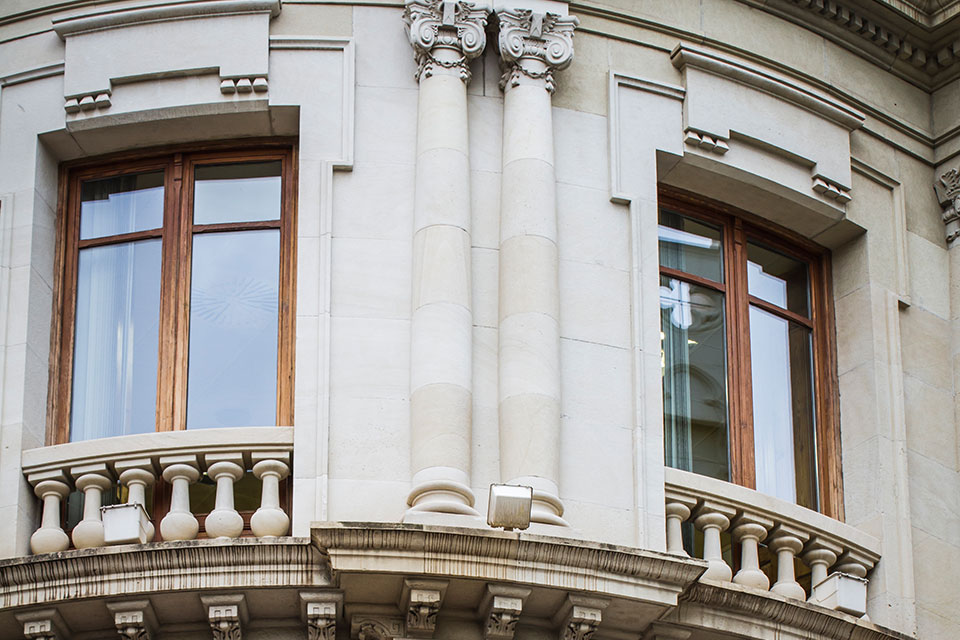A thorough maintenance program can help you avoid costly repairs. Here are some steps you can take to help reduce the risk of loss in an older home:
- Consult with licensed electrical, plumbing and heating specialists for an initial evaluation, and arrange schedules for routine maintenance. Maintaining and updating essential systems is a critical step in protecting your property.
- Older homes often have less insulation. To help prevent pipes from freezing, you can insulate pipes directly, shut off exterior faucets, and maintain a comfortable heating temperature at all times. The installation of low temperature sensors and water leak detectors can also help alert you to a potential problem.
- If you will be away from home for an extended period of time, shut off your main water supply.
- Repairing or re-pointing of mortar walls and chimneys may become necessary when any of the following conditions are noted: cracked or missing mortar, loose bricks or stones, damp walls or damaged plaster work.
- Regular chimney evaluation and cleaning by a professional is recommended.
- Missing, worn or broken roofing materials may allow water to penetrate and deteriorate the roof structure. Inspect your roof and flashing around chimneys and skylights periodically, especially after severe storms. Contact a licensed roofer for further evaluation and repairs.
- Clear gutters and downspouts of leaves and debris. Downspouts should be directed away from the house to improve drainage around the foundation.
- Proper ventilation and updated insulation in the attic can not only reduce the potential for damage or deterioration due to excess moisture, but also reduce energy usage.
- Inspect windows and exterior doors for proper caulking and weather stripping. Check exterior paint and siding for peeling and/or cracking.
- Regularly inspect decks, terraces and balconies. A deteriorating condition can lead to water damage of the interior and an unsafe condition.
- Periodically inspect foundation walls and floors for cracking that might allow water seepage. Avoid storing valuables in the basement. If your basement is prone to leaks or flooding, a sump pump is the best defense. A battery back-up is recommended to ensure proper operation during power outages.
For more great tips, visit Chubb.
http://www.chubb.com/personal/



